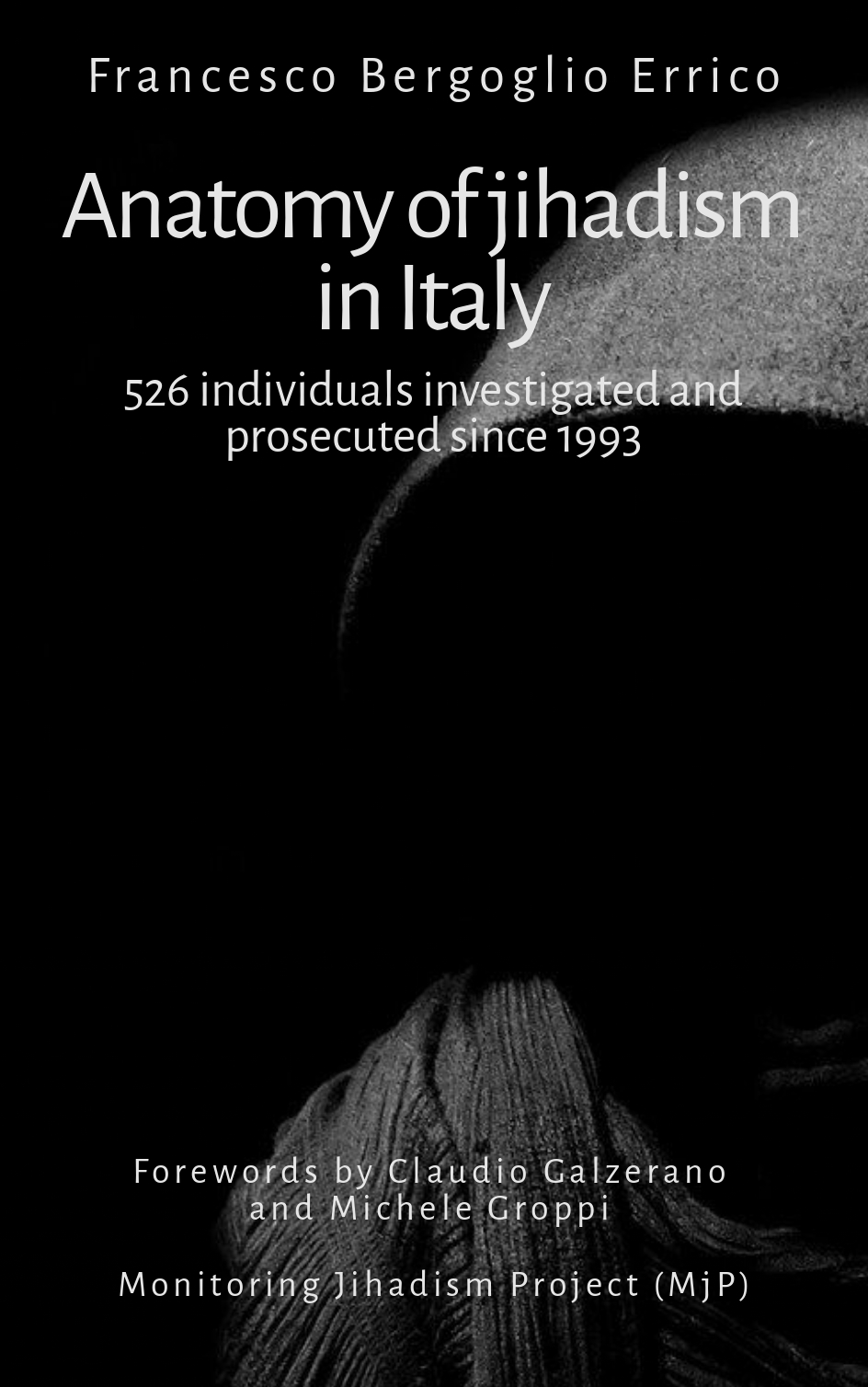Hmidi Saber
At the beginning of March 2021, the Public Prosecutor’s Office of Milan ordered the detention of Hmidi Saber – a Tunisian citizen born in 1984 – on the charge of “incitement to commit crimes for terrorism”, under articles 302 and 414 of the Italian Criminal Code. According to the indictment, the defendant started recruitment and proselytism activities inside the Opera prison in Milan. He had previously been jailed here for the crime of association “with the aim of terrorism, including international terrorism”, under art. 270 bis of the Criminal Code.
Hmidi Saber’s court case began on November 9, 2014, during a roadblock, following a routine check conducted by the Traffic Police of Rome. On that occasion, the defendant was driving a car in the company of a Moroccan citizen born in 1979, who was sitting on the passenger seat and had no documentation. Later, the police officers identified him as Rchouki Abdelgani; the owner of the car and an illegal immigrant. After getting out of the car for the search, Hmidi showed his ID and pointed a gun at the officers. It later turned out that the two men had carried out a robbery together with other men. The defendant managed to escape as well as the other passenger, who was never found again.
Thanks to the ID in their possession, the police was able to trace Hmidi’s residence and searched his house, in the presence of his wife C.M. A few days later, officers finally tracked down Hmidi. For those crimes, the Court of Rome condemned him to three years and eight months of imprisonment for the offences of firearm possession, fencing, grievous bodily harm, and resisting arrest.
The search of the defendant’s private home also triggered a new investigation. As a matter of fact, Rchouki Abdelgani’s passport and identity card as well as two Chinese passports, a GPS, 33 mobile phones and various computer equipment of which 8 laptops, 2 iPads and 1 external hard disk were all found there. These devices, many of which had been stolen, proved to be crucial in reconstructing the link between the accused and the Tunisian terrorist organisation Ansar al-Shari’a FI Tunis (AAS-T, ‘Supporters of Shari’a in Tunisia’): a group also operating in Libya, close at first to Al-Qaeda, then to the Islamic State (IS) and the Egyptian al-Takfir wa’l-Hijra faction. Several text and video files with clear references to violent Jihad, as well as manuals containing instructions for the preparation and use of explosive materials and firearms, all downloaded from the web, were found inside. As the Court of Rome established, it was typical “apologetic material related to Islamic environments of a terrorist matrix”.
Also, highly relevant to the investigation was the discovery of a black flag with golden edges bearing typical Tunisian jihadist group inscriptions and symbols, also adopted by the self-proclaimed Islamic State. The flag showed the so-called al-shahāda (الشهادة), the Muslim profession of faith, which read: “There is no God but God”. In the middle of the flag was the seal of Mohammed, followed by the sentence “Mohamed is the messenger of Allah”, and underneath it was the initials of the AAS-T.
Hmidi’s wife revealed that his process of radicalisation began in 2011 during his detention in the prison of Velletri, where he had been taken for minor offences. Following that experience, Hmidi Saber changed his behaviour considerably, becoming a fervent practitioner and regularly attending the Roman mosques of Centocelle, Torre Angela and Villa Ada.
According to the investigators’ reconstruction, three persons in particular exerted a considerable influence on the defendant: Hichem Bouafia, a Tunisian citizen expelled from Italy in 2015; Mohamed Hamdi (also Tunisian), who entered Italy illegally in 2011 and was expelled from the national territory in 2015 for security reasons, and, finally, the Italian Jacopo Ben Salem, known to intelligence agencies for some of his statements in favour of the 2017 Paris attacks. Actually, it was him who gave hospitality to Hmidi Saber after the clash with the Traffic Police in November 2014.
In light of this evidence, following the second instance sentence issued by the Court of Appeal of Rome in 2018, subsequently confirmed by the Court of Cassation in September 2019, the Court of Rome changed the sentence from three years and eight months to four years and six months with the additional charge, as previously highlighted, of association “for terrorism, including international terrorism”, under Article 270 bis of the Criminal Code.
During his years of detention, the accused never moderated his ideological positions. On the contrary, he always tried to impose them on the other detainees (as evidenced by the latters’ testimonies) and especially on a compatriot whom he repeatedly tried to persuade “to reach Tunisian combat theatres and commit terrorist acts”, between the autumn of 2019 and the spring of 2020.
Among the persuasive actions undertaken by Hmidi, was the continuous reference to the possibility of “having women as spoils of war and a salary of about five thousand dollars a month” in addition to the grace of enjoying the “benevolence of Allah”. He also boasted that he had received adequate training in Libya and Turkey and that he “knew some people on television who were gravitating towards ISIS backgrounds”. He never mentioned the names of these individuals, but according to wiretaps made during his conversations with his father, the investigations established that he had direct knowledge of some jihadists belonging to Ansar al-Shari’a, which played a significant role in his second-degree sentence. The defendant had also expressed his satisfaction with the attacks on the offices of the French satirical magazine ‘Charlie Hebdo’ and the ‘Bardo’ hotel in Tunis and he had even declared his intention to travel to Syria in the future, with his wife and daughter.
Having been transferred several times to different prisons because of his violent temperament, Hmidi Saber seems to have not given up his acts of proselytism and trying to indoctrinate other prisoners. It is, among other things, why the Milan Public Prosecutor’s Office condemned him on the charge under articles 302 and 414 of the Criminal Code. Furthermore, in 2020 – during his detention in the prison of Asti – he had defined the Covid-19 as “a punishment from Allah”, expressing a common viewpoint among the followers of jihadist extremism, as the case of Nicola Ferrara has also recently shown.




